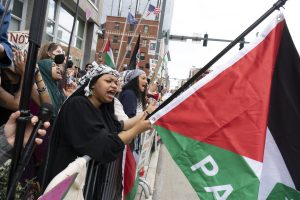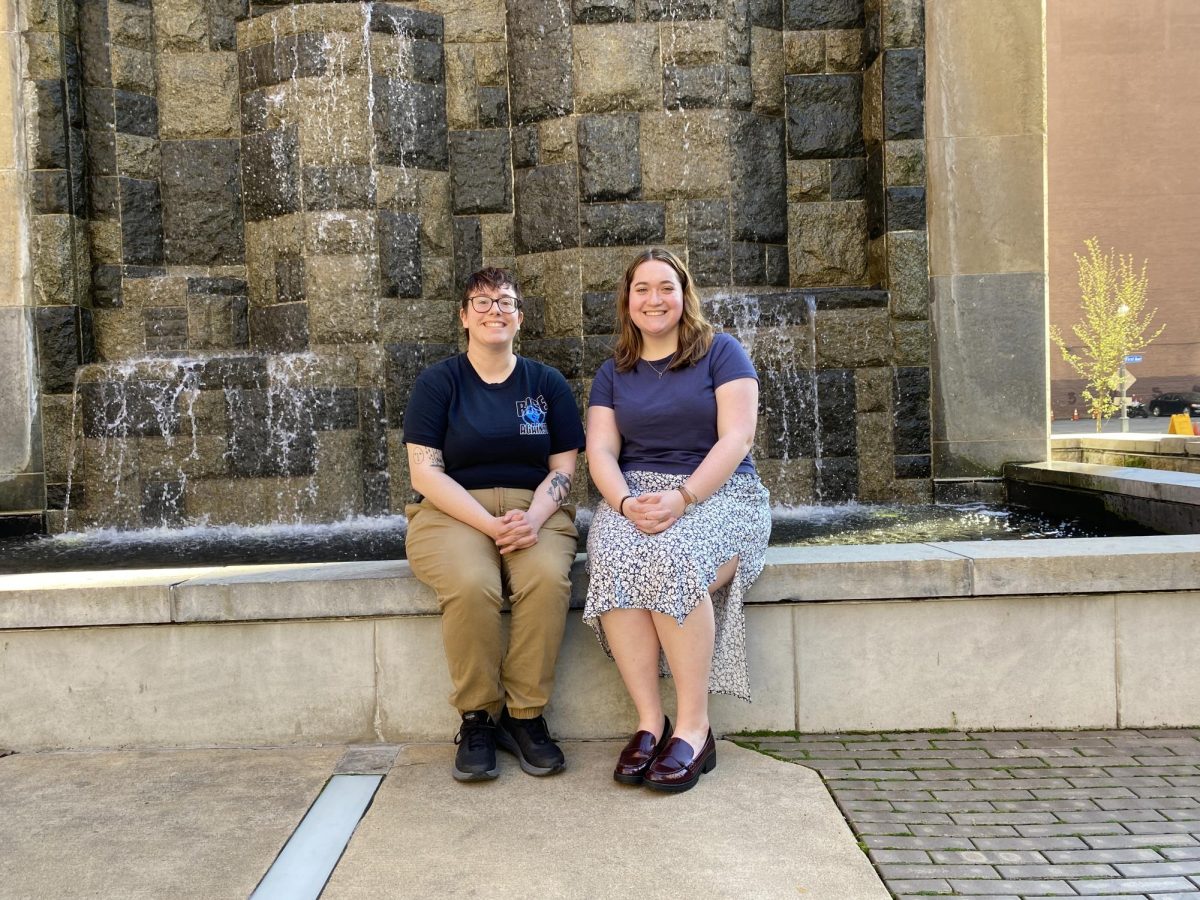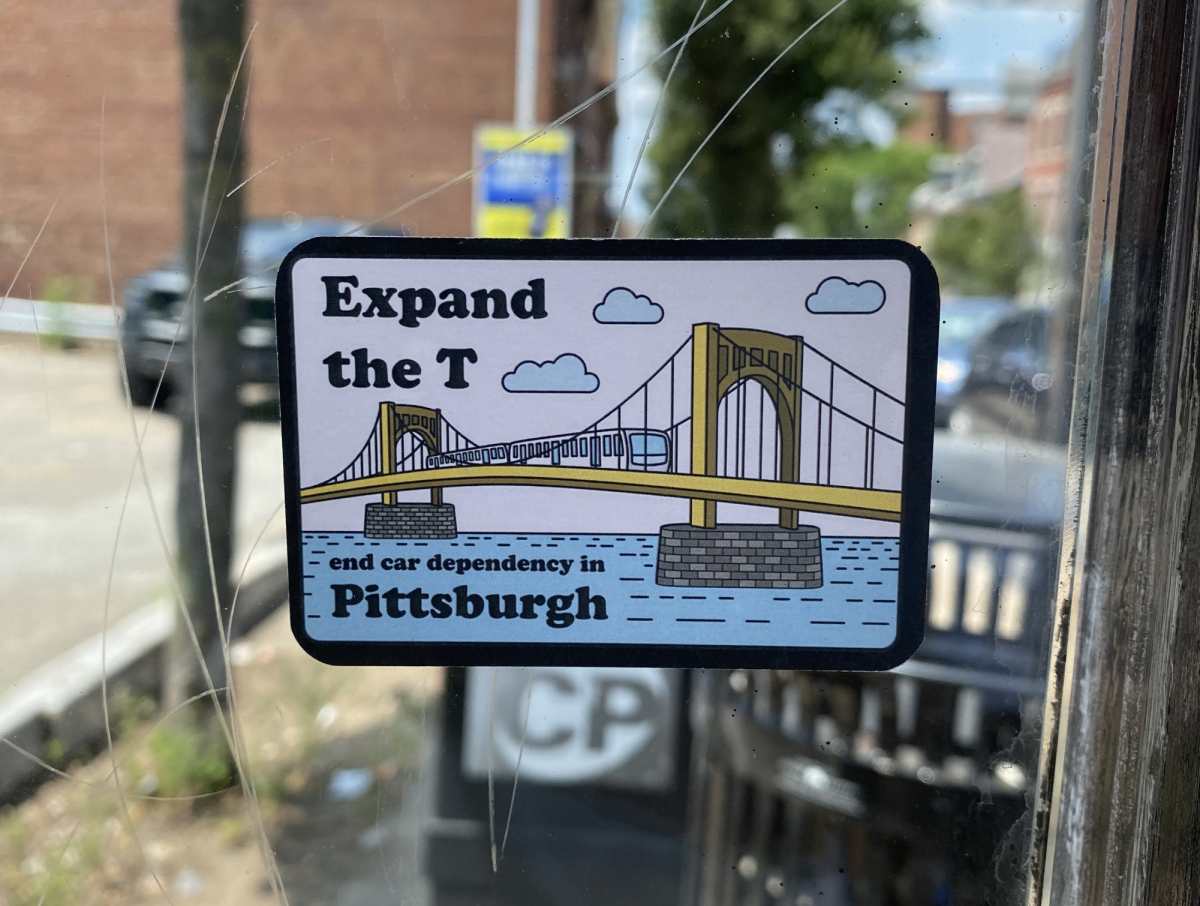When disaster strikes, it is always challenging for journalists to sort through the chaos and report the facts. This is further complicated by media competition and the vicious race to break a story first.Any time a journalist values the “exclusive” factor more than accuracy, he or she runs the risk of losing credibility. This is a lesson that John King of CNN learned the hard way when he reported last Wednesday that a suspect in the Boston Marathon bombings had been arrested.This might have been excusable, had it not been for the fact that CNN discussed the arrest for an hour. The news spread on like wildfire; soon other news outlets – including The Boston Globe, Fox News and The Associated Press –reported the same misinformation.Even worse, CNN kept regurgitating its own falsities and boasting about its exclusive reporting, which led Jon Stewart to eloquently dub CNN as “the human centipede of news.”Clearly, CNN and others did more than blunder. CNN not only damaged its own credibility, but also put the entire American media in jeopardy. If the “most trusted name in news” can’t get the facts straight, how can citizens be expected to believe anything at all?It is understandable that details will be hazy during any major developing story, but the media should not forego basic journalistic standards. It seems obvious, but if the facts are not a 100 percent clear, a story should not be reported.Sadly, CNN was not the only culprit of false or irresponsible reporting. Many journalists overhyped the story about a Saudi Arabian student being questioned as a suspect. It is also no surprise that when the actual criminals were identified, journalists jumped on the connection between the Tsarnaev brothers and radical Islam.It is far too early to speculate the motivation for carrying out this monstrous attack, but that doesn’t stop the media from trying. While it might be interesting to know that the suspects are Muslim, this information is sensationalism at best. At worst, the constant linkage between Islam and terrorist activity in the media causes an entire population of people to feel persecuted. Journalists may be tempted to report personal details of criminals’ lives such as religion or ethnicity, but they also need to realize that this inadvertently leads to xenophobia.I noticed this immediately on social media. One of my Facebook friends ranted about the lax immigration laws. Another posted an image with the words, “All Muslims are not terrorists, but most terrorists are Muslims.”It is frustrating that we still need to have this conversation. Most media outlets now recognize that it is unethical to report on a “black bank robber” or “Hispanic rapist,” so why is it still acceptable to identify criminals as Muslim?If a white Christian male had committed the Boston bombings, he would have been considered mentally unstable, and his neighbors likely would have commented on how he was a nice guy who just seemed a little bit weird. There would be no mention of his race or religion, and he would not be called a “terrorist” nearly as much as the Muslims who carried out the same attacks. So why do we need to know every detail about the Tsarnaev brothers’ ethnic Chechen background and personal religious beliefs without knowing for sure their motivation?First and foremost, journalists need to stop placing such a huge emphasis on radical Islam while ignoring other forms of radical ideology. Secondly, they need to retire the word “terrorist” because it is both racist and inconsistent in its application.Despite the fact that even President Barack Obama could fit the description of a terrorist (considering his authorization of drone strikes that kill innocent people in Yemen and Pakistan), the term is mainly limited to foreign Muslims. “Terrorism” has been inextricably linked with Muslims ever since it became a household word after the September 11 attacks. While there are some exceptions, it is hard to deny that “terrorist” conjures up images of a bearded Arab in a turban. If journalists can learn anything from the way the Boston bombings were handled, it is that people are heavily influenced by the words they broadcast and write. Journalists have the power to instill fear, to provide comfort or to change the way we view entire groups of people – for better or worse.Next time, and hopefully there isn’t a next time, the media should make more responsible decisions.
April 19‘Burgh Bites: Subway








